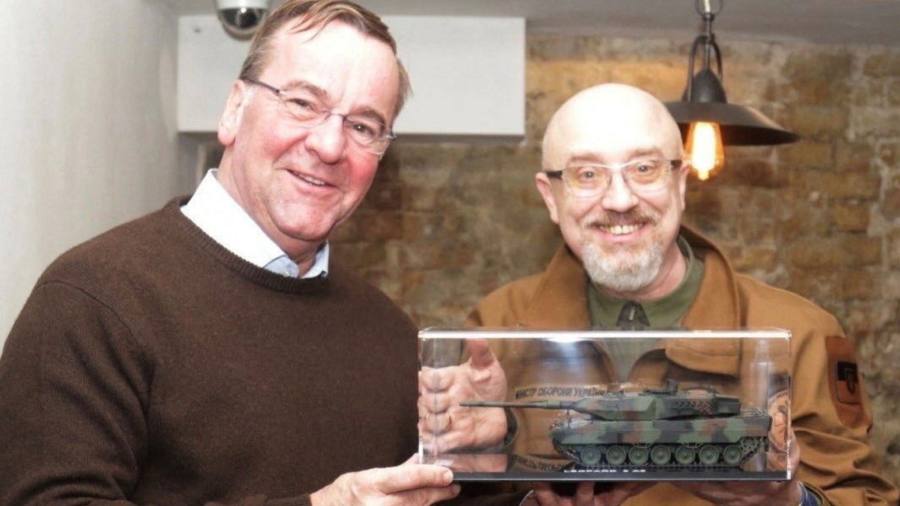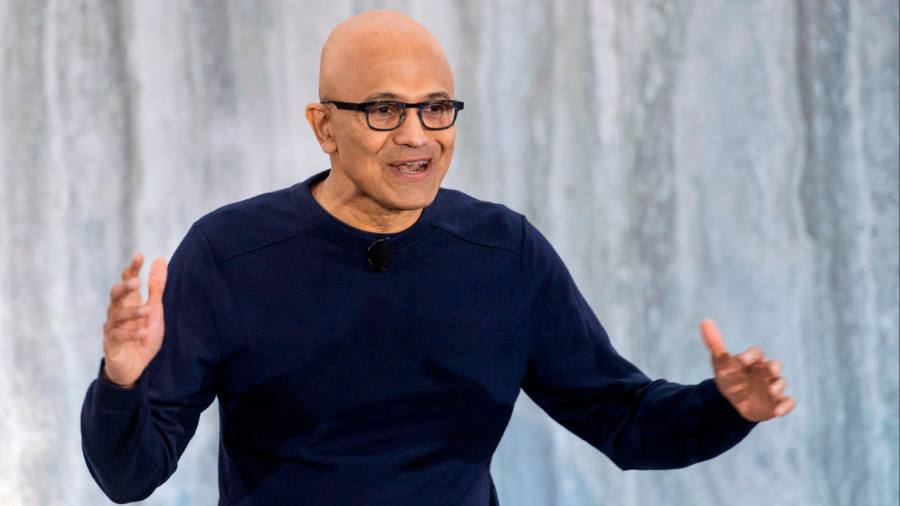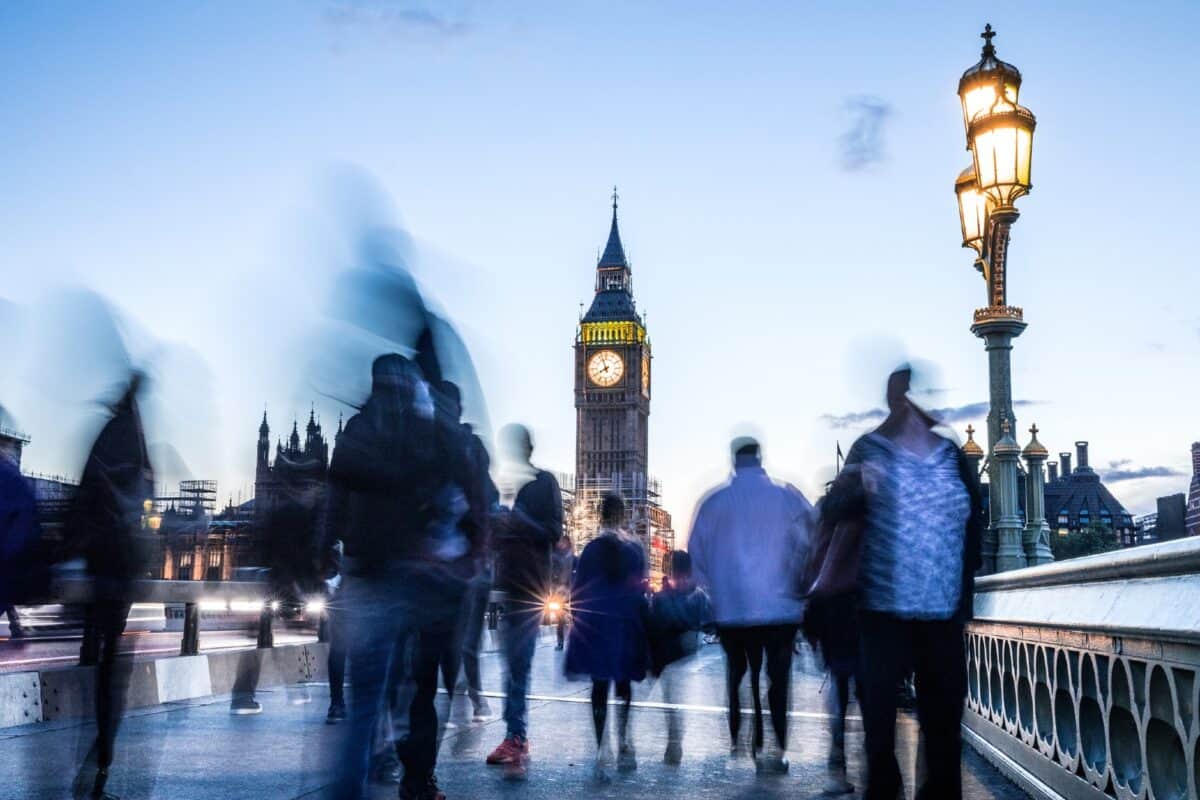Berlin announced on Tuesday that Germany, the Netherlands and Denmark would supply Ukraine with up to 178 older-generation Leopard 1 tanks to help Kyiv defend itself against Russian aggression.
The plan to deliver more tanks than expected came as Germany’s defence minister Boris Pistorius made a surprise visit to Ukraine, where he met President Volodymyr Zelenskyy.
Zelenskyy expressed his gratitude but urged Germany and other western partners to speed up supplies as his country faces the threat of a big Russian offensive.
“The recent decisions on the tank coalition and the initiative from our European friends . . . can really give us . . . parity on the battlefield,” Zelenskyy said. “It is necessary to understand that it depends on time, on the quantity and modernity of the tank coalition’s equipment.”
Asked during an interview with Bild in Kyiv whether the world would be a better place without Russia’s president Vladimir Putin, Pistorius responded: “I think so, it can be said without hesitation or compromise, yes.”
“I can confirm the commitment of Germany that our 14 Leopard 2A6 [tanks] will be delivered by the end of March,” Pistorius told Bild.
Germany’s economy ministry on Tuesday said it had issued licences to the country’s arms companies for up to 178 Leopard 1 tanks to be exported to Ukraine.
These tanks, which were decommissioned by the German military two decades ago, will need to be modernised.
The number of vehicles would depend on how many Leopard 1 tanks could be repaired, with an aim to deliver a minimum of 100 tanks, according to a joint statement by German, Dutch and Danish authorities. Further partners were welcome to join the initiative, it added, with Belgium having also shown “initial interest to participate” in the scheme.
Ukraine’s defence minister Oleksiy Reznikov said the agreement envisions “20-25 of these tanks by the summer, about 80 by the end of the year, and more than 100 Leopard 1 tanks by 2024.”
Der Spiegel reported that German arms manufacturer Rheinmetall would participate in the scheme, saying it had secured an option for 88 Leopard 1 tanks it had in storage and would start work on making them battle ready. Rheinmetall did not respond to a request for comment.
Tuesday’s announcement follows Berlin’s decision to send 14 of the more advanced Leopard 2 model, which is faster and has more powerful cannons, after weeks of pressure from Nato allies. That decision marked a notable policy shift because Germany’s chancellor Olaf Scholz had long hesitated to provide the country with heavy armour, fearing that it would increase the risk of a direct confrontation between Russia and Nato.
Ukraine has for months pleaded for its western backers to provide hundreds of modern main battle tanks and other Nato-grade weaponry as its forces swiftly deplete their stockpile of Soviet-era weapons.
Andriy Zagorodnyuk, a former Ukraine defence minister and current government adviser on security, said securing more tanks “as soon as we can” remained critical.
He stressed that proper technical support including parts and training was essential.
“There is nothing worse then seeing that something breaks and then you have to deliver it to Germany to fix,” Zagorodnyuk told the Financial Times.
Credit: Source link














